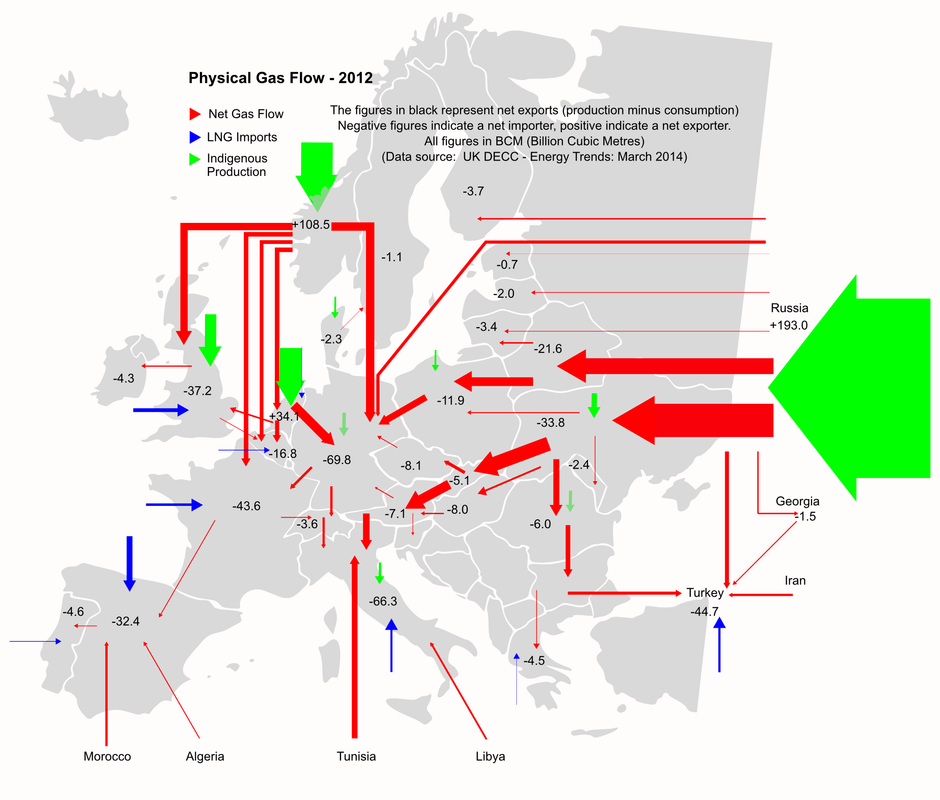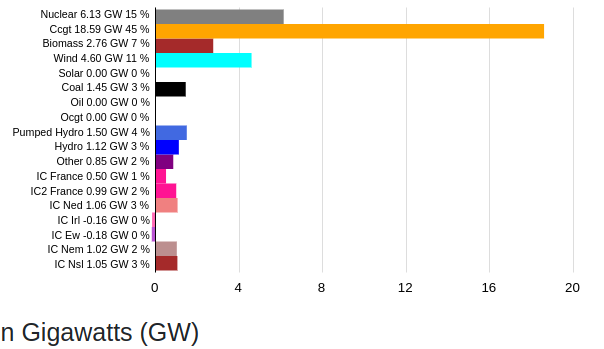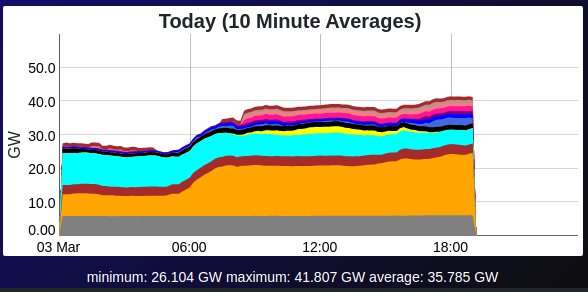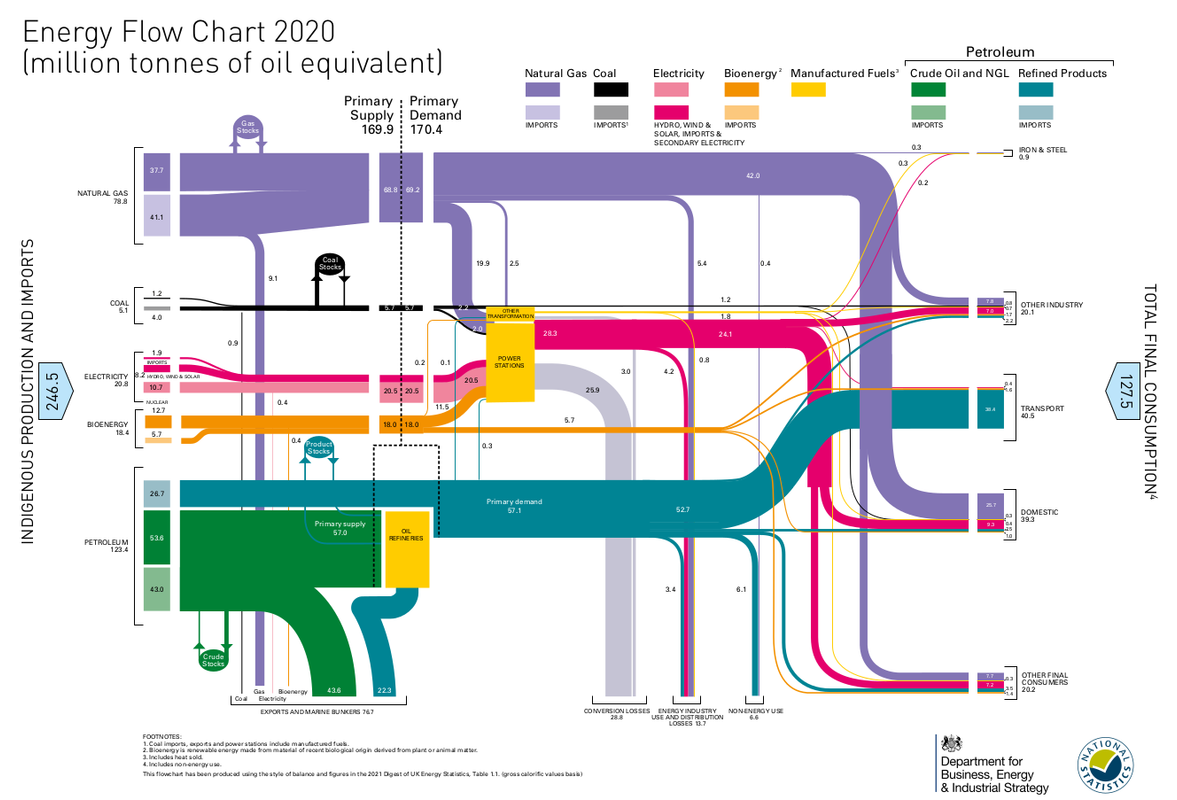How War in Ukraine Drives Up Inflation at U.S. Farms, Supermarkets, Retailers
Russia’s invasion of Ukraine has set the stage for faster-rising consumer prices, with the mayhem of war driving up manufacturing costs for food, consumer goods and machinery in places far from the battlefield.
The conflict is stressing an already strained global supply chain, and its economic impact will likely be felt in households world-wide, at supermarkets, retailers and the gas pump. While higher costs will take time to work their way from producers to consumers, executives and analysts expect the war’s fallout to worsen inflation already stoked by shortages of goods and workers.
“It seems to be overshadowing everything now and reversing the improvement that we were seeing,” said Kathy Bostjancic, chief U.S. economist at Oxford Economics.
The short-term consequences have been serious. Grain markets recently hit a 14-year high in anticipation of a diminished harvest in Ukraine, which would raise costs to feed the world’s cattle and poultry.
Aluminum prices rose in anticipation of sanctions on Russia, a major supplier of the metal used in soda cans, aircraft and construction, as well as on fears that Moscow could halt exports.
Crude oil prices rose 25% last week, to more than $118 a barrel, the highest level since 2013. Gas prices have gone up an average of 43.7 cents a gallon in the U.S., according to data from price tracker GasBuddy. On Sunday, the national average was $4.02 a gallon, according to GasBuddy.
On Friday, Russia, one of the world’s largest suppliers of fertilizers such as potash and nitrogen, said it could suspend exports. Farmers and consumers will bear the cost of any prolonged shortage.
Ingka Group, which owns and operates furniture giant IKEA’s stores, said Thursday that prices would rise more than expected this year after it warned the war in Ukraine was causing serious supply chain disruptions. IKEA said its global prices would rise about 12%, up from earlier estimates of 9%.
Some analysts and company officials caution that it is too early to know exactly what the long-term effects of the war will have on the global economy, and not all think the conflict in Ukraine will have a major impact on supply chains. Businesses have rebounded from global conflicts in the past and can mitigate the effects by finding alternative suppliers elsewhere.
But the invasion of Ukraine has already slowed the journey of goods traveling by various means. Many Western shipping companies are steering clear of Russian ports, an important Asia-to-Europe rail line is used less, much of the Black Sea remains out of bounds and many air cargo flights are either banned from or are avoiding Russian airspace, a key route for goods moving between Europe and Asia. Shipping and airfreight rates have moved higher.
Rising energy and food prices are only the most obvious pressure points for consumers. “Now that we are seeing increases across other commodities, like aluminum, palladium, copper,” Ms. Bostjancic said, “that is going to feed through to some degree to consumer prices as well.”
. . .
Farm to table
Ukrainian farmers are supposed to plant their spring crops soon. Yet even if the fighting were to stop, they may not have enough fertilizer and pesticides. Agriculture industry executives are warning of smaller yields in Ukraine, which normally has some of the world’s most productive fields.
“Depending on what crop you’re looking at, it could have rather severe impacts already in the first growing season,” said Svein Tore Holsether, chief executive officer of Norway-based Yara International AS A, one of the world’s largest fertilizer makers. “Yields could drop by 50%.”
Ukraine accounts for 8% and 13%, respectively, of global wheat and corn exports, according to U.S. Department of Agriculture data. “For certain parts of the world it means more expensive food,” Mr. Holsether said. “For other parts of the world, it means access to food, and it’s a matter of life and death.”
In the past month, wheat futures climbed to a 14-year high and rose more than 40% over the past week. Corn and soybean prices over the past month were up roughly 21% and 15%, respectively.
Higher commodity costs stand to further inflate prices of such pantry staples as cereal and cooking oil, as well as beef and other meat, because producers rely heavily on grain to feed livestock and poultry.
Rising grain and corn costs eliminate some of the hope that inflation could plateau in the second half of the year. Such agricultural commodities are used in nearly all food products, said Ben Bienvenu, a food and agribusiness research analyst at Stephens Inc.
Hormel Foods Corp. , the owner of food brands including Spam canned meat and Skippy peanut butter, said it expected higher raw material prices from the war in Ukraine. “There will be some disruption now and further down the road,” the company’s Chief Financial Officer Jacinth Smiley said.
James Halverson, a rancher in Beulah, Wyo., and executive director of the South Dakota Stockgrowers Association, said feed costs have jumped in the past week, making it more expensive for ranchers, himself included, to hold on to cattle and negotiate better prices from meatpackers.
If grain costs stay high over the coming months, it will cut into his bottom line, he said, and customers will pay more for meat at the grocery store.
“We’ve seen grain come up,” he said. “That’s the number one cost of feeding cattle.”
Soil supplements
Higher food prices are related to the rising cost of natural gas, one of the main ingredients for nitrogen fertilizers. Ken Seitz, interim chief executive of fertilizer giant Nutrien Ltd. , said higher gas prices could lead to plant closures in Europe.
The transport of fertilizers, largely on trains and ships, has been difficult since the invasion of Ukraine. Several large shipping companies have temporarily suspended services to Russian ports.
Fertilizer supplies were already tight, and prices have reached record highs. That adds to the pressure on farmers, who are paying significantly more for fuel, weed-killing chemicals, crop seeds and seasonal labor.
If fertilizer supplies run short—or get too expensive—some farmers may shift acres toward less fertilizer-intensive crops such as soybeans. Others could cut back on fertilizers, potentially slimming harvests, analysts said.
Nutrien, the Canada-based company, could produce more potash fertilizer if the global supply problems persist, Mr. Seitz said. But his company could be stuck with unsold quantities should Belarusian and Russian suppliers return to the market.
Farmers are wringing their hands over supplies they will need for spring planting, said Chris Edgington, president of the National Corn Growers Association and an Iowa farmer. “The American farmer is going to get a crop in the ground,” he said. “What it will look like, I can’t tell you.”
Randy Stephens, chief executive of SureGrow Agricultural Products Inc., has a plan to fill orders from his roughly 3,000 customers in Texas. The CEO of the chemical and fertilizer business in Comanche, Texas, says that over the next three months he will be making stops at as many as 15 ports from Houston to Corpus Christi, seeking needed shipments.
Even if he finds enough supply, he said, “I think we can run out really quickly.”






